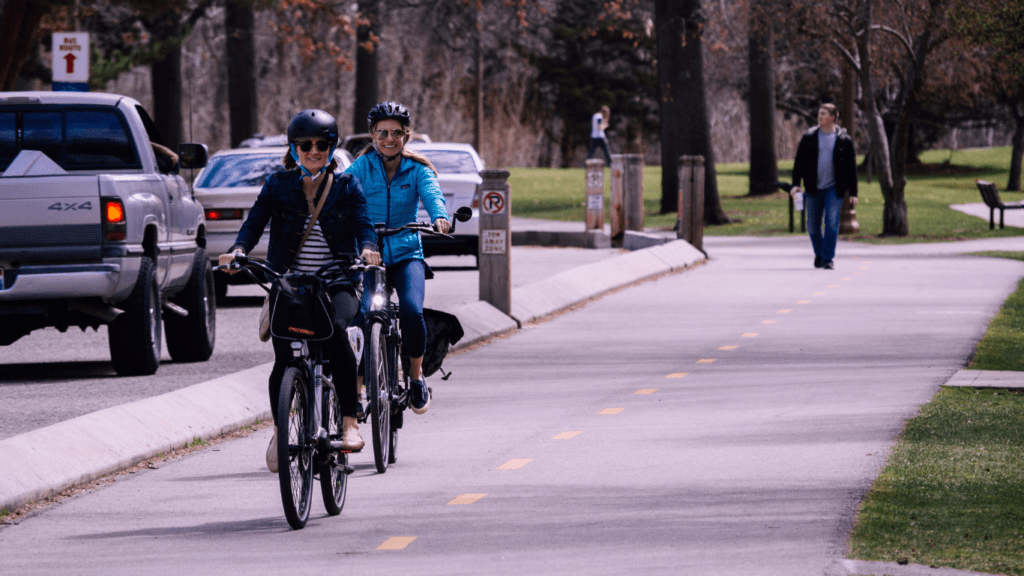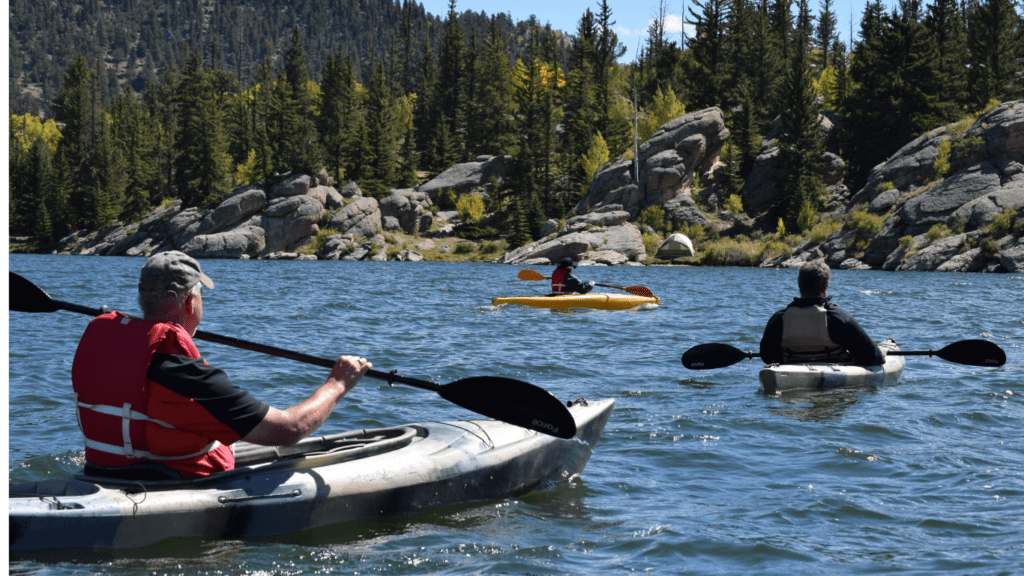The Rise of Eco-Friendly Accommodations
Eco-friendly accommodations are becoming a cornerstone of sustainable travel. Travelers are increasingly seeking out lodging options that align with their environmental values.
Green Hotels and Resorts
Green hotels and resorts integrate sustainable practices into their operations. These accommodations use energy-efficient lighting, renewable energy sources like:
- solar panels
- water-saving fixtures
Some examples include Marriott International’s sustainability program and Hilton’s ‘Travel with Purpose’ initiative. Furthermore, many green hotels pursue certifications like LEED or Green Key to validate their eco-friendly efforts.
Eco-Lodges and Sustainable Hostels
Eco-lodges and sustainable hostels offer travelers a low-impact stay. Constructed using local materials, these lodgings minimize environmental footprint.
They promote waste recycling, composting, and use of biodegradable products. Examples include Selina Hotels and YHA Hostels, which prioritize community engagement and environmental education.
These accommodations support local ecosystems and provide authentic, sustainable experiences.
Low-Impact Transportation Methods
Low-impact transportation methods are revolutionizing sustainable travel. They reduce the carbon footprint and promote eco-friendly tourism.
Electric and Hybrid Vehicles in Tourism
Electric and hybrid vehicles reduce emissions and provide cleaner alternatives to traditional cars. Many rental companies offer electric and hybrid options.
For instance, Hertz provides electric vehicles (EVs) for tourists. These vehicles include Tesla Model 3 and Nissan Leaf. Hotels and resorts also install EV charging stations for guests.
The Marriott International incorporates these stations in many properties. Using electric and hybrid cars supports sustainable travel by minimizing air pollution.
Innovations in Cycling and Walking Tours

Innovations in cycling and walking tours offer unique, eco-friendly exploration options. Cities like Amsterdam and Copenhagen lead in bike-friendly infrastructure.
Tour operators provide guided cycling tours, like Bike Tours Europe, which focuses on historical and cultural landmarks. Walking tours gain popularity due to their low environmental impact and health benefits.
Urban Adventures offers walking tours in over 150 cities. These tours include local guides and immersive experiences. Cycling and walking tours mitigate the impact on local environments, supporting sustainable travel goals through minimal resource use.
Emphasis on Local Experiences
Travelers in 2024 seek authentic interactions, pushing for an emphasis on local experiences. Connecting with local cultures and supporting their economies builds sustainable tourism narratives.
Supporting Local Businesses and Communities
Travelers engage economically by patronizing small businesses. Markets, family-owned restaurants, and local tours are preferred options.
This practice promotes income generation directly within the community. For instance, buying handmade crafts from a local artisan ensures that profits remain local.
Supporting such entities also encourages the preservation of traditions and skills unique to each community.
Cultural Immersion and Responsible Tourism
Cultural immersion shapes responsible tourism. Travelers attend traditional festivals, stay in locally-owned accommodations, and participate in community-led activities.
For example, I opt for homestays, living with local families to understand their daily lives. Engaging directly with communities promotes respect and ethical travel behavior.
Learning basic phrases in the local language and customs minimizes cultural misunderstandings and enriches the travel experience.
Advances in Sustainable Travel Technology
Technological advancements are reshaping sustainable travel. In 2024, new tools will help travelers make greener choices.
Apps and Platforms for Eco-Conscious Travelers
Several apps focus on eco-friendly travel. For instance, Goodwings helps book carbon-neutral hotels. Ecolibrium finds nature-friendly activities.
These platforms provide real-time data on energy use, waste, and water. By offering localized recommendations, they support sustainable choices. The goal is to make eco-conscious travel more accessible.
Impact Tracking and Carbon Offset Programs
- Travelers can track their carbon footprint using various tools.
- MyClimate and Carbonara calculate trip emissions.
- These apps suggest offset options, such as reforestation projects.
- Impact tracking helps both travelers and companies reduce carbon output.
- It’s easier to support clear, effective offset programs with these tools. Automated tracking ensures immediacy, accuracy, and actionable insights.
 Williamond Hougherth - Founder of Green Commerce Haven
Williamond Hougherth is a visionary entrepreneur and environmental advocate with a deep passion for sustainable business practices. As the founder of Green Commerce Haven, Williamond has dedicated his career to promoting eco-friendly initiatives and supporting the growth of green startups. His extensive knowledge in green marketing strategies and organic products has made him a trusted voice in the eco-commerce industry. Through Green Commerce Haven, Williamond provides valuable insights on eco news, green tourism, and sustainable living, helping businesses and consumers alike make informed decisions that contribute to a healthier planet.
Williamond Hougherth - Founder of Green Commerce Haven
Williamond Hougherth is a visionary entrepreneur and environmental advocate with a deep passion for sustainable business practices. As the founder of Green Commerce Haven, Williamond has dedicated his career to promoting eco-friendly initiatives and supporting the growth of green startups. His extensive knowledge in green marketing strategies and organic products has made him a trusted voice in the eco-commerce industry. Through Green Commerce Haven, Williamond provides valuable insights on eco news, green tourism, and sustainable living, helping businesses and consumers alike make informed decisions that contribute to a healthier planet.
